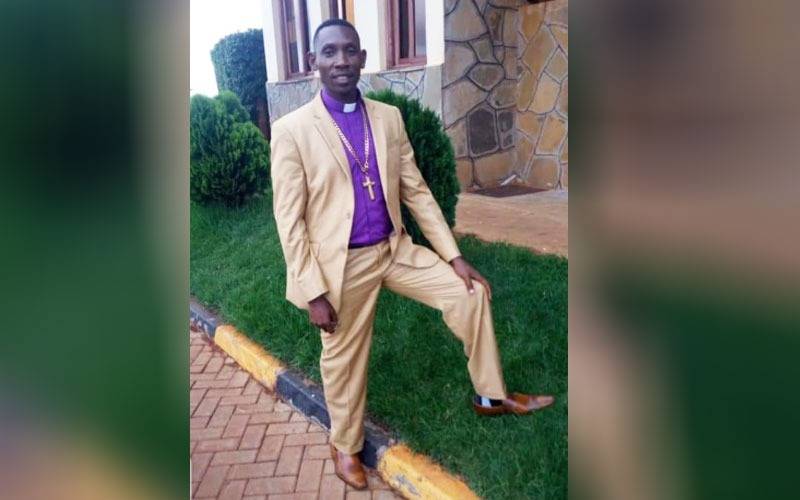×
The Standard e-Paper
Fearless, Trusted News

Joshua Kitonga, 34, is among the left-handed people who have faced challenges growing up. [Courtesy]
Joshua Kitonga is among the 789 million people globally who are left-handed.